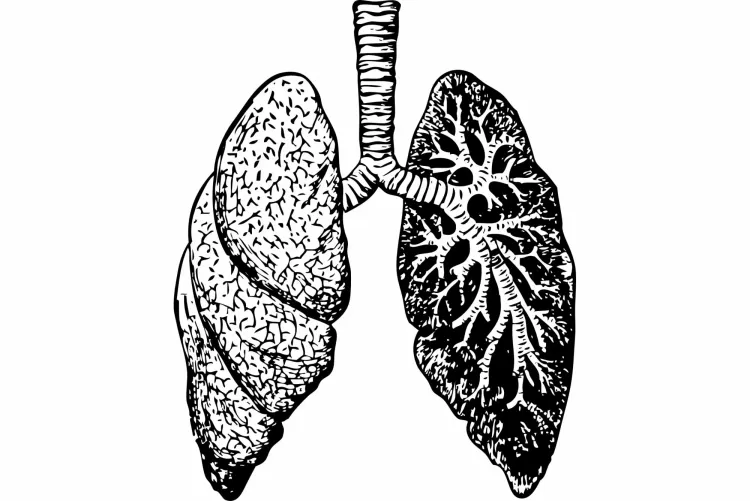Research Discovers Ozone Therapy as a Promising New Solution for Lung Injury Caused by Sepsis

New Delhi, Dec 29 (NationPress) Sepsis, a serious and frequently lethal complication arising from infections, is a primary factor in the development of acute lung injury (ALI) and acute respiratory distress syndrome (ARDS). Recent research indicates that medical ozone therapy could serve as a promising new treatment for ALI induced by sepsis.
This cutting-edge method has the potential to notably enhance survival rates and respiratory function in preclinical studies, providing hope for patients facing limited treatment alternatives, as stated in a study conducted by Nanjing Medical University in China.
Neutrophil extracellular traps (NETs) are vital to the progression of sepsis, as they assist in trapping pathogens but may also incite excessive inflammation, worsening lung damage.
The intricate nature of sepsis-induced ALI, influenced by the interplay of inflammation, immune system dysfunction, and coagulation, necessitates innovative therapeutic solutions to improve management of this serious condition.
The findings, published in the Journal of Biomedical Research, elaborated on how medical ozone therapy effectively eliminates NETs, leading to marked improvements in survival rates and lung function in mice afflicted with sepsis-induced ALI.
This research marks a pivotal advancement in the quest for new treatments for this perilous condition, providing a comprehensive analysis of the mechanisms through which ozone therapy exerts its beneficial effects on sepsis-induced ALI.
"Our research illustrates that medical ozone therapy could substantially enhance the treatment of sepsis-induced ALI. This offers a promising new strategy for critical care that may yield improved outcomes for patients affected by sepsis," commented Dr. Wen-Tao Liu, the lead investigator of the study.
The ramifications of this study are extensive. Should further research validate these findings in human trials, medical ozone therapy could emerge as a viable and effective solution for lung injuries caused by sepsis, a condition that currently lacks sufficient treatment options.
The capacity of ozone therapy to enhance survival rates and lung function could revolutionize sepsis management, presenting new hope for patients facing dire prognoses.
The authors of the study noted that as this promising therapy progresses through additional research, it may establish itself as a fundamental component in the battle against sepsis, transforming how this life-threatening condition is treated.










